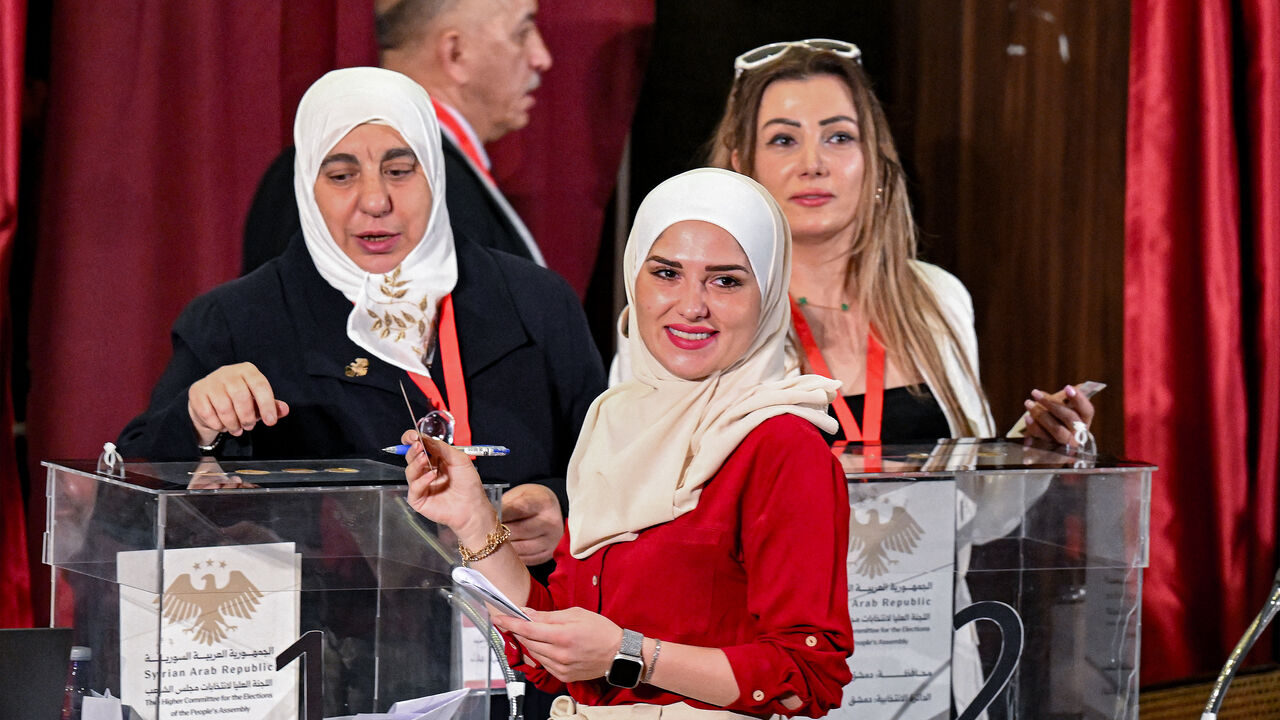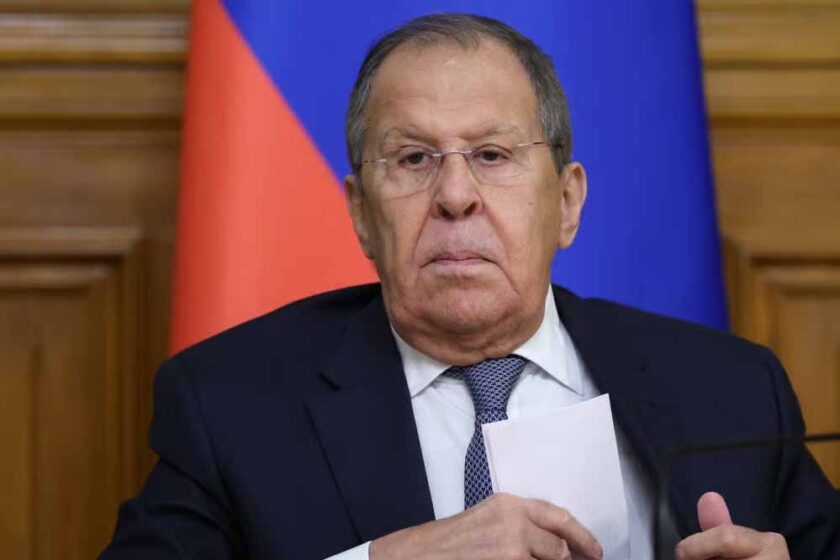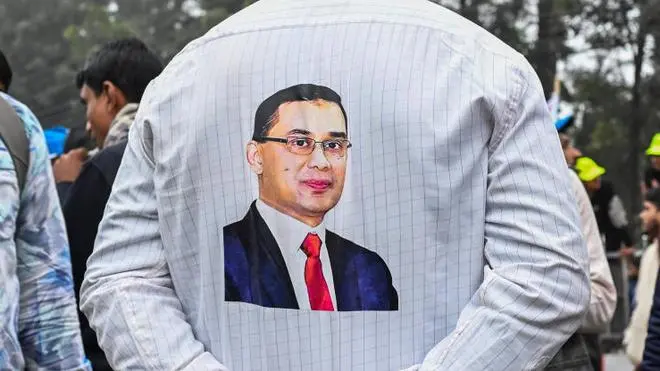Damascus: Syria has held its first parliamentary election since the overthrow of former President Bashar al-Assad in December, marking a watershed moment in the country’s political history. The vote comes nearly a year after a surprise rebellion toppled Assad’s decades-long regime, raising hopes for peace, stability, and democratic reform.
Security forces guarded polling stations across the country as electoral college members cast ballots, which were then counted in front of candidates, journalists, and legal observers to ensure transparency. However, ordinary citizens did not vote directly in this election.
A New Political Structure
The new People’s Assembly has 210 seats, 40 fewer than under Assad.
- 140 seats are filled through voting by regional electoral colleges.
- 70 seats are directly appointed by interim President Ahmad al-Sharaa.
Members will serve 2.5-year terms and will draft a new constitution and election law.
Officials said a direct popular vote was not possible due to the absence of reliable census data after 14 years of civil war and mass displacement. Elections were postponed in Sweida and Kurdish-controlled regions due to tensions with the central government.
Strict Criteria for Candidates
To run for office:
- 70% of MPs must be academics or experts.
- 30% must be notable community members with degrees.
Hope and Criticism
Critics argue the electoral college system may favor powerful elites, limiting true democracy. In Damascus, 490 candidates competed for just 10 seats, decided by only 500 voters.

Despite this, many called the election a breakthrough. Early results showed limited representation for women and minorities, but some progress was seen.
In a historic shift, three Sunni candidates won seats in Latakia, a former Assad stronghold and Alawite heartland.
Election committee member Lara Eezouki said,
“For the first time, results are not prearranged. Every sect and group is represented.”
Candidate and lawyer Rim Yajizi added,
“We finally saw freedom, debates, and real campaign statements — something unimaginable under Assad.”
A Nation in Transition
Sectarian wounds remain deep. In March, revenge attacks killed hundreds of Alawites in coastal provinces. Newly elected legislator Rola Daya stressed the need for transitional justice to build peace.
After over 50 years of Assad family rule, Syrians see this election as a turning point. Many hope it will lead to future direct elections, national reconciliation, economic revival, and a democratic future free from dictatorship.










